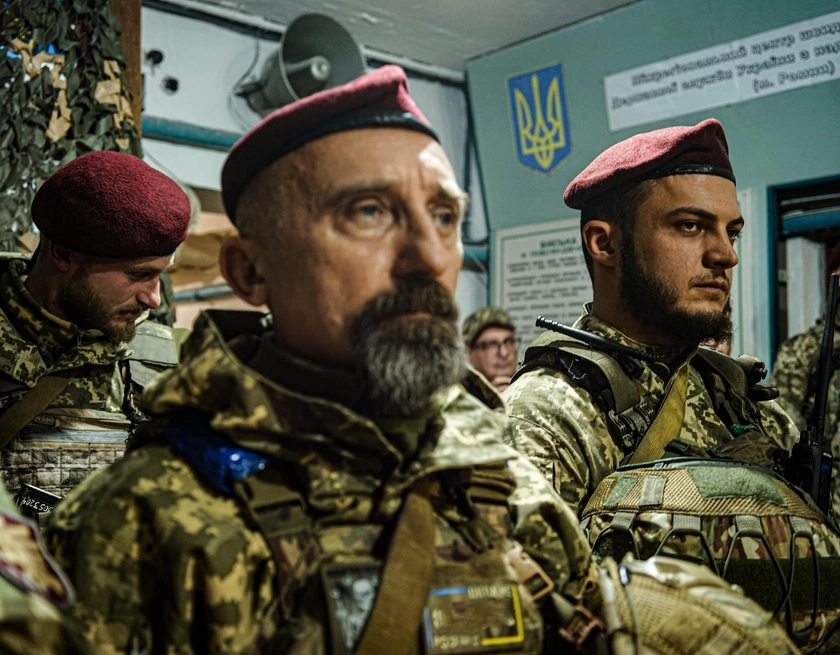A Germany-wide campaign of sabotage on private cars, which was initially put down to environmental activists, was more likely to have been organized by Russia’s security services, the German weekly news site Der Spiegel reported on Wednesday. The motivation behind the attacks remains unclear.
It was easy to understand why climate protestors were considered to be the obvious culprits because the acts of sabotage involved filling car exhausts with construction foam and sticking strips of paper with pictures of the Minister of Economy, Robert Habeck a Green Party member of Germany’s ruling coalition along with the words: “Sei Grüner [Be Green].”
JOIN US ON TELEGRAM
Follow our coverage of the war on the @Kyivpost_official.
In total more than 270 cars were damaged in various regions of the country including Baden-Wuerttemberg, Berlin, Brandenburg and Bavaria. Der Spiegel suggested that the aim of the blitz was to undermine the Greens, in general, and Habeck who is likely to be a candidate for Chancellor in the forthcoming election.
Konstantin von Notz, a Green Party spokesman for internal affairs said: “For months, espionage and sabotage have been used in a targeted attempt to stir up uncertainty, fuel existing conflicts and divide us as a society.”
Four suspects were identified by police in the city of Schönefeld, after more than 40 vehicles were damaged in the same way, two of whom have fled the country. They were all young men, identified as being from Serbia, Bosnia and Germany. German police searched homes linked to the suspects, and seized mobile phones, laptops and cans of construction foam.

Professor Gerdes: Here’s What Trump’s Latest Really Means
The Bosnian suspect is alleged to have confessed that “he had been persuaded to carry out the attacks by a fellow countryman of Russian origin” via instant messaging apps and promised “€100 for each damaged vehicle.”
Following the 2022 full-scale invasion of Ukraine, Russia conducted an ever-increasing sabotage campaign in Europe, aimed at critical infrastructure including undersea cables and plotting assassinations against defectors and European defense manufacturers.
Western officials categorize this as a Moscow inspired hybrid warfare campaign, aimed at destabilizing NATO countries, disrupting energy supplies, damaging defense related corporations, and undermining support for Ukraine.
According to Der Spiegel, Germany’s security services have identified several instances of Russian provocateurs trying to recruit disaffected individuals and petty criminals to carry out spying and sabotage operations in exchange for cash.
You can also highlight the text and press Ctrl + Enter











